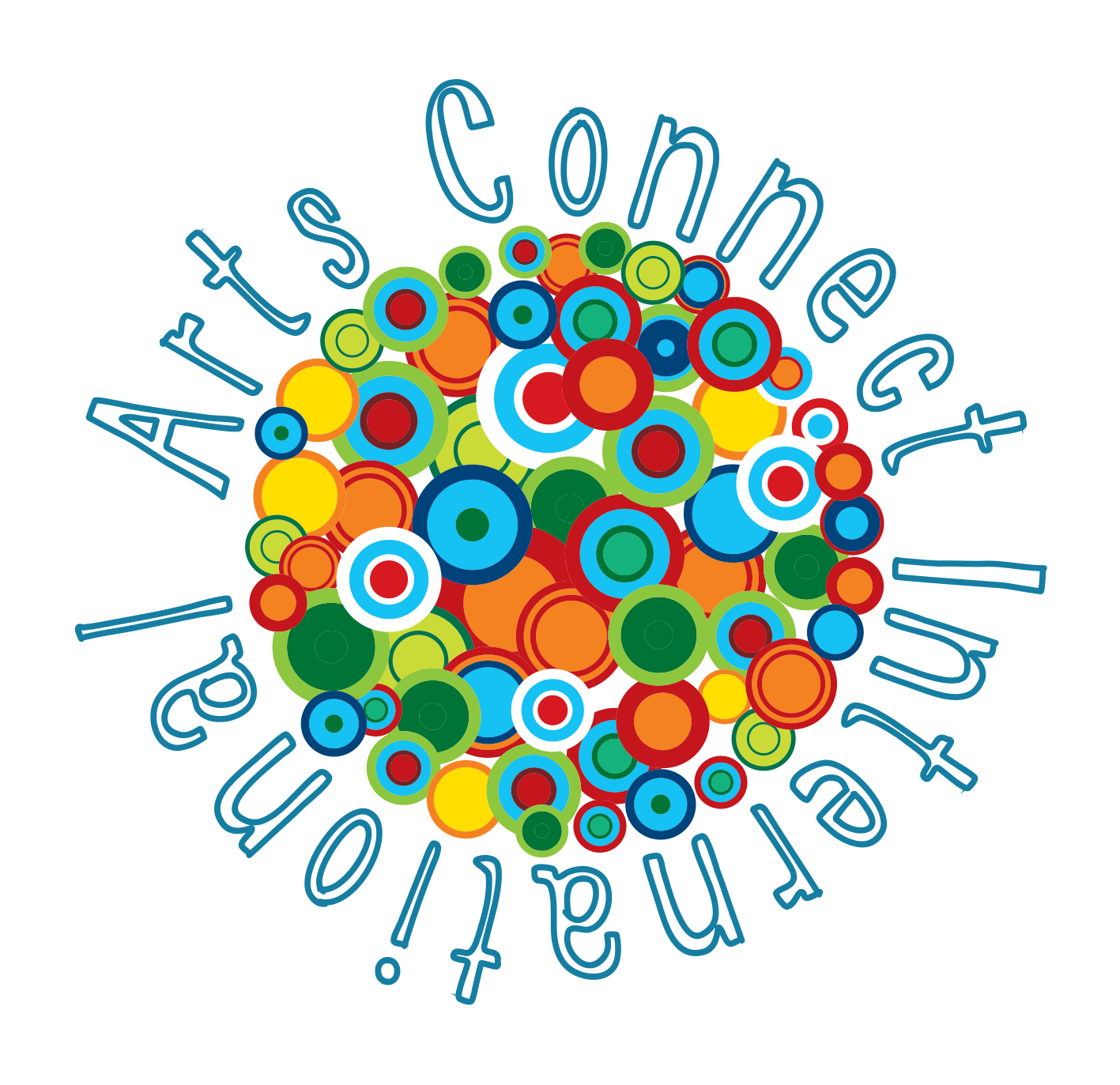HYPPOLITE NTIGURIRWA
Home Community: Rwanda
Abroad Community: Boston, Massachusetts, USA
It is hard to share sad experiences. It takes a lot of time to prepare to face our demons, and to endure recounting our painful moments to other people—even to our friends or family members. Most of the time we avoid sharing these stories. Death, accidents, losing our jobs, break-ups, and sexual assaults, are among many other experiences we don’t like to discuss.
Instead, we seek comfort in silence, yet silence also disturbs us; we constantly tell our brains not to go ‘back there’ in vain! Moreover, we may want to find a way past these shocks and injustices. Then, that comfortable lack of words becomes a troubling coping mechanism.
Many people live with this frustrating silence. It conflicts with a desire for action against their issues. Having said this, we also need that time to ourselves! But, what if there exists a way to break the silence silently? Would it help to heal individuals and society?
My life was completely shaken in 1994, the year when the Genocide Against the Tutsi was carried out. The genocide that took away more than a million people with a period of 3 months. I was only 7 years old. At that young age, I experienced tragic deaths of family members and the brutal fatality of war and genocide including living a refugee camp.
Life was miserable there. A few months after the genocide ended, I started primary school. Sitting in class was like sitting in the memories. Everything reminded me of “those moments”.
I always experienced that frustratingly silent coping. I always wanted to tell everyone what I experienced, but in a very authentic and active way. Even more, I could still see killings taking place. I continued to look for a way to encourage everyone to practice peace. I was young enough to start writing about such things, and I lost trust in humanity. How and where could I transfer that fear, anger, sadness and memory?
It wasn’t until I was able to create a theatre club, with the help of a teacher, that I could recount my experiences in the club’s plays. It wasn’t easy to create a theatre club made up of both survivors’ families and perpetrators’ families. However, we witnessed the power of performances in breaking the barriers between families and their children. In addition, I felt like I was silently speaking to the whole community and to my fellow classmates, who could help me tell the story in other words. They walked with me in the past via theatrical scenes. I call this “breaking silence silently!” It is a special characteristic of arts no matter what art form is chosen.
This was a transformative experience and I went on to become a theatre artist. Now I use theatre as a medium to halt the transmission of hatred from one generation to another.
Arts can tackle polemic and oppressive issues within a society at a given moment. Arts work in the shared belief with Augusto Boal who pioneered the art form called Theatre of the Oppressed that “If you don’t Do anything different, there won’t BE anything different”1. This is one of the examples of an art form that aims to convert the audience into individuals who take action on their personal frustrations and on oppressive practices within society, all in a unique way.
Metaphorically enough, breaking the silence in my art work has never been about the sake of screaming because that was not what the frustration was about; however, to engage people who find themselves in the humans’ oppressed-oppressor relationship to not only complain or talk about that life story but also to liberate those in suffering. It can be the self; it can be the ‘other’ or even ‘us’ as community.
In his book ‘Theatre of the Oppressed” (edition 2008) 2, Boal demonstrates that theatre of the oppressed frees the spectators from [their] “chains” and they become protagonist even in their own and the ‘other’s stories. Thus, this evocative art’s characteristic is unique in the sense that it even silently involves the oppressor’s experience of what it might feel to be oppressed and vice-versa.
Reference:
2 Boal, A. (2008). Theatre Of The Oppressed. Pluto Press, London.



